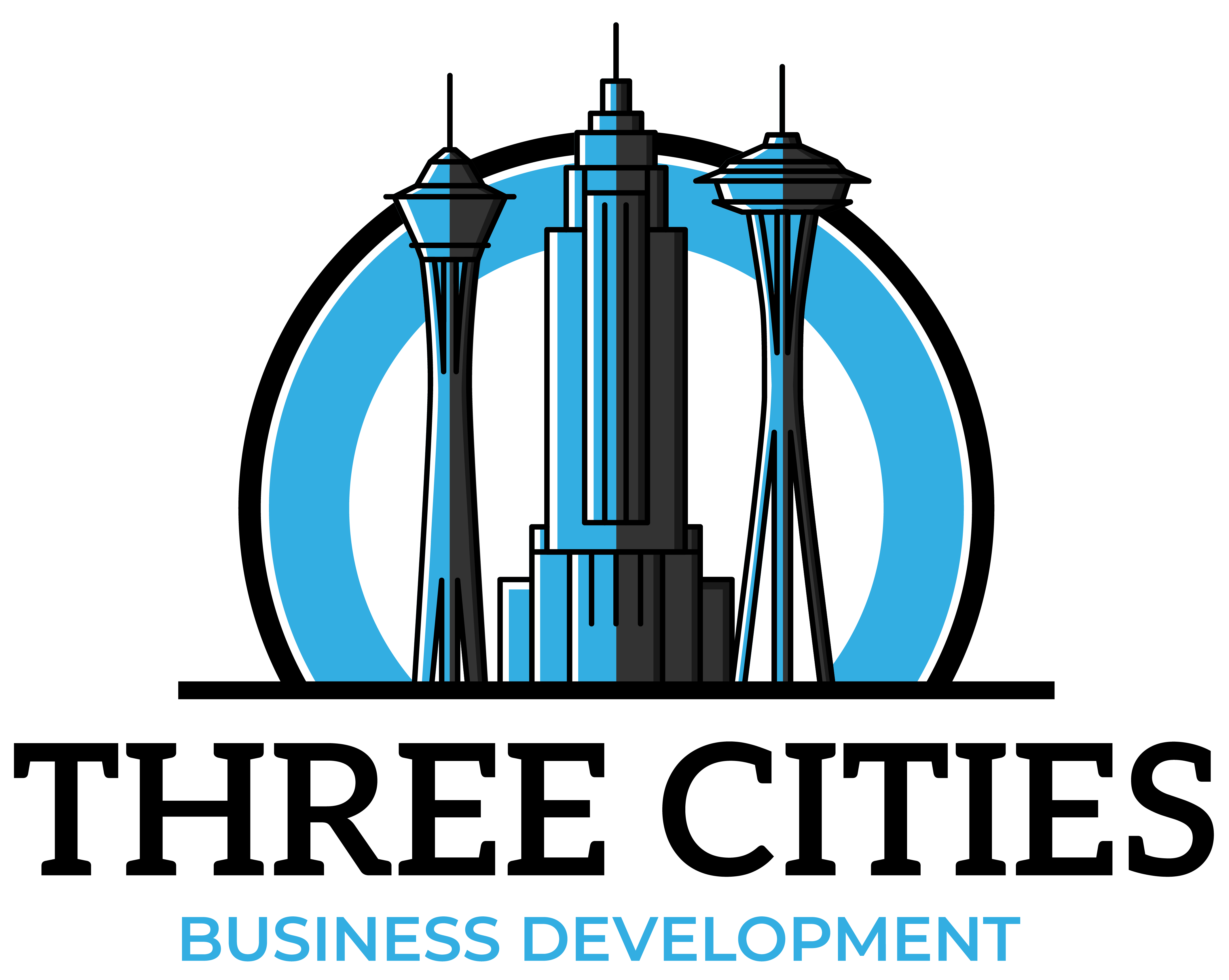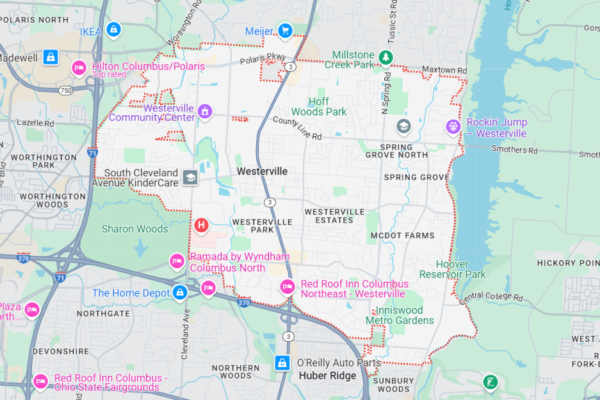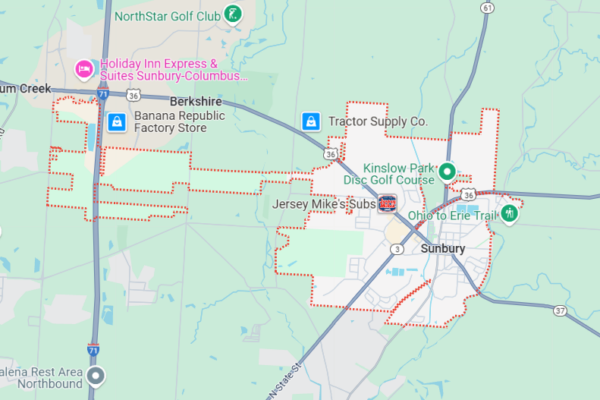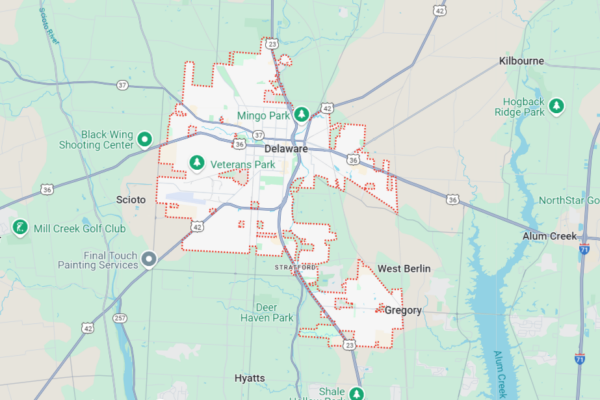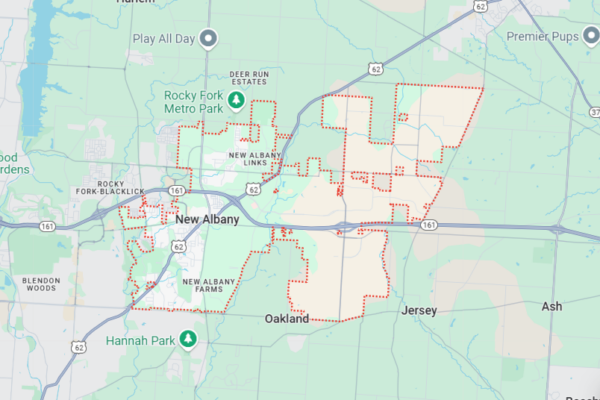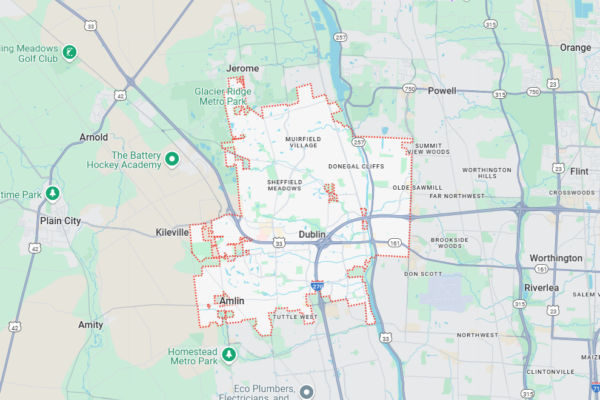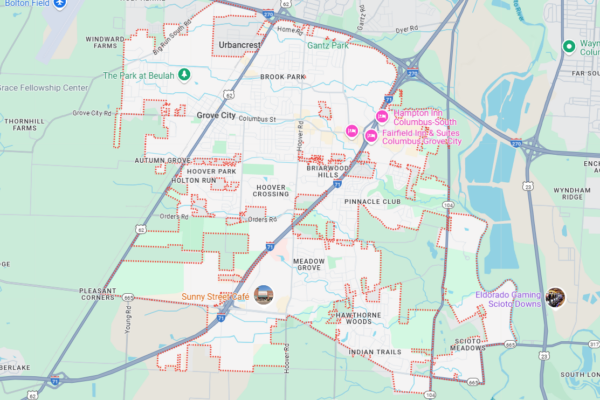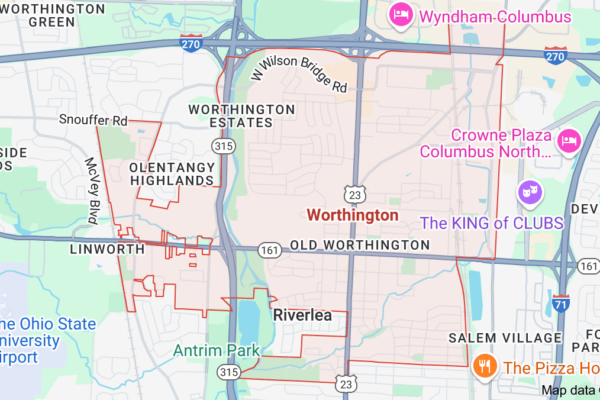The telecom industry is evolving rapidly, driven by innovation, infrastructure upgrades, and the rising demand for fast, reliable communication services.
Behind the scenes, a growing number of professionals are shaping this progress—individuals focused not just on product or service delivery but on creating and nurturing business opportunities. These professionals are part of an expanding field: business development.
Pursuing a business development career in the telecom sector opens the door to dynamic roles where strategy, sales, and communication intersect.
As companies seek more competitive ways to reach their markets, the need for sharp, adaptable professionals who can build customer relationships, spot new revenue streams, and manage growth is greater than ever.
Why the Telecom Sector Needs Business Development Experts
Telecommunications is one of the most competitive service-based industries. Customers have options, expectations are high, and loyalty is never guaranteed. Business development professionals play a central role in ensuring that telecom providers remain relevant, profitable, and aligned with their customer base.
These roles exist at the intersection of sales, customer experience, and operational planning. By identifying new business opportunities, expanding into new territories, and strengthening client relationships, these professionals help companies scale effectively and sustainably.
Telecom businesses rely on development teams to:
- Launch and grow regional campaigns
- Tailor offerings to the needs of local markets
- Track market demand and adjust services accordingly
- Create lead pipelines that feed consistent growth
- Ensure client satisfaction from first contact to long-term retention
The result? More meaningful interactions, more consistent revenue streams, and a stronger foundation for long-term expansion.
Entry Points: How to Begin a Career in Telecom Business Development
One of the strongest advantages of this career path is accessibility. You don’t need years of prior experience to get started. Many professionals enter the field through roles that combine sales, customer interaction, and territory outreach.
These positions provide on-the-ground experience in understanding customer needs, learning product and service offerings, and communicating value.
Typical entry-level roles include:
- Account representatives
- Sales development associates
- Territory outreach specialists
- Client service coordinators
What matters most at this stage isn’t industry knowledge—it’s communication skills, work ethic, and a willingness to learn. Many companies, including Three Cities Business Development, provide ongoing coaching and mentorship for new team members, allowing them to build confidence and sharpen their capabilities early in their careers.
Over time, those who excel in communication, strategy, and service delivery often move into leadership roles. These promotions are typically earned through performance, consistency, and the ability to coach others—traits that are deeply valued in business development environments.
How to Build a Long-Term Career in Telecom Business Development
A business development career in telecom is more than a job—it’s a launchpad for long-term growth, skill mastery, and leadership development. While early roles may focus on outreach and customer acquisition, the path forward is rich with opportunities for advancement.
To succeed and thrive over time, professionals should take a strategic approach to their development, learning to balance performance goals with personal growth and adaptability.
Develop a Personal Growth Plan
Career growth doesn’t happen by chance. It’s driven by intention and action. Setting short- and long-term goals early in your career can help you track your progress, identify learning opportunities, and stay aligned with your professional ambitions. Create a plan that outlines:
- Skills you want to develop within 3, 6, and 12 months
- Leadership qualities you admire and want to model
- Metrics for success in your current role (e.g., conversion rate, outreach efficiency)
- Feedback loops—ask for regular evaluations from peers and managers
When you take control of your own learning, you’re more likely to stay motivated and stand out as a candidate for internal promotions or expanded responsibilities.
Leverage Mentorship and Peer Collaboration
One of the most powerful accelerators of professional growth is mentorship. Learning from others who’ve navigated similar challenges can offer insights that no textbook or training video can match. Actively seek mentorship from colleagues, team leads, or managers who embody the kind of career success you aspire to.
In addition to mentorship, peer collaboration fosters a healthy exchange of techniques and ideas. Participate in:
- Peer-led training sessions
- Team-based outreach challenges
- Debriefs after campaigns to analyze what worked
The more you collaborate and learn from others, the faster your skillset—and confidence—will grow.
Stay Adaptable in a Changing Industry
The telecom sector is known for its rapid shifts. From service upgrades to regional expansions, change is constant. The most successful business development professionals are those who view change as an opportunity to grow, not a setback to overcome.
To stay relevant and adaptable:
- Regularly review industry trends and product updates
- Reflect on past performance to identify areas for improvement
- Embrace new strategies, tools, and outreach methods as they emerge
Adaptability in business ensures that your skills remain valuable regardless of changes in the market, product line, or team structure. It’s a vital trait that separates professionals who maintain momentum from those who plateau.
Skill Sets That Define Success in Business Development
To thrive in a telecom-focused development career, professionals need more than sales talent. They need adaptability, problem-solving ability, and a deep understanding of customer dynamics. As the industry evolves, so must the tools and techniques used to connect with clients and create value.
Key skills that drive success include:
- Strategic Communication: The ability to listen actively, ask the right questions, and deliver clear, compelling information.
- Territory Management: Knowing how to navigate a specific region, assess its potential, and create a structured plan for engagement.
- Relationship Building: Focusing on long-term client satisfaction over quick wins—earning trust through consistency and service.
- Performance Analysis: Using feedback and tracking tools to evaluate which strategies work best in specific markets.
- Team Collaboration: Working closely with mentors, managers, and peers to share knowledge and improve results collectively.
Many of these skills are taught and reinforced through a company’s marketing training program, designed to give professionals the tools they need to thrive in fast-moving environments.
Growth Potential: Where the Career Can Lead
What begins as a territory-based or client-facing role can evolve into a broad range of leadership and strategy-based opportunities. In many companies, the business development track is closely tied to long-term advancement.
Managers often come from within, having developed their approach by working directly with clients and learning what drives growth in the field.
Career paths often include:
- Sales Manager: Overseeing a team, coaching performance, and refining sales strategies.
- Territory Manager: Taking ownership of a geographic region, managing budgets, team members, and performance goals.
- Business Strategy Lead: Working cross-functionally with operations, marketing, and client services to plan growth.
- Training and Development Specialist: Mentoring new hires and facilitating skill-building initiatives.
- Regional Director or Partner: Leading multi-territory campaigns, supporting executive strategy, and expanding partnerships.
This progression reflects how telecom companies value hands-on experience. The better you understand your customer and your team, the better equipped you are to lead.
Why B2B Sales Professionals Excel in Telecom Development
Professionals who have worked in B2B environments often transition successfully into telecom business development roles. That’s because they’re already familiar with the longer sales cycle, relationship-focused outreach, and the importance of customizing solutions to meet each client’s needs. In telecom, where service contracts can span years, these same principles apply.
A seasoned b2b sales professional brings:
- Familiarity with decision-making processes at both small and enterprise levels
- Experience managing expectations and coordinating service across departments
- Comfort with metrics, quotas, and structured outreach programs
- Patience and professionalism when navigating multi-step sales cycles
These traits allow B2B professionals to not only thrive in development roles but to coach others along the way—making them valuable assets in fast-growing organizations.
The Value of a Structured Marketing Training Program
In a constantly shifting industry, training is what turns potential into performance. A structured marketing training program provides clarity, direction, and hands-on tools for success.
Whether it’s mastering the product catalog, learning objection-handling techniques, or practicing effective follow-up, training programs serve as the backbone of career development.
A strong training program should include:
- Shadowing and field-based learning
- Scenario-based roleplaying and active coaching
- Regular feedback loops to support continuous improvement
- Tools for lead tracking, presentation building, and campaign execution
- Clear performance goals and milestones
At companies like Three Cities Business Development, this approach supports not just individual success but team alignment and client satisfaction. The result is a workplace culture where growth is a shared goal—and where every team member plays a part in long-term business success.
Getting Started with Your Career in Business Development
Pursuing a business development career in the telecom sector offers a dynamic and rewarding path, blending strategy, sales, and relationship-building in one of the world’s most essential industries.
From entry-level representatives to regional leadership, each role plays a key part in helping telecom providers expand their presence, enhance service delivery, and forge stronger connections with customers. With the right training, support, and mindset, professionals can grow into roles that shape the future of telecom—creating value for companies, customers, and their own careers.
Companies like Three Cities Business Development continue to pave the way by investing in hands-on learning, territory-specific outreach, and leadership development that prioritizes both performance and people. Join our team today to experience the many possibilities of a career in marketing.
